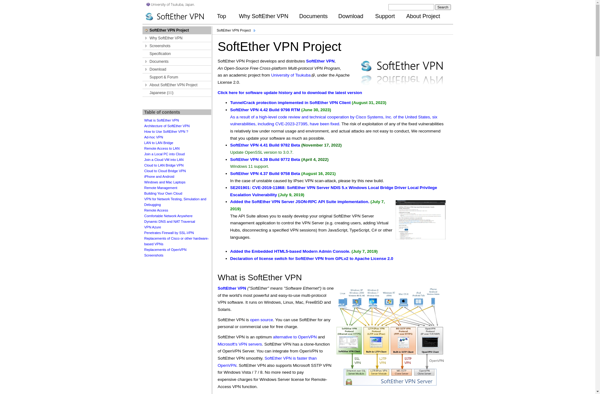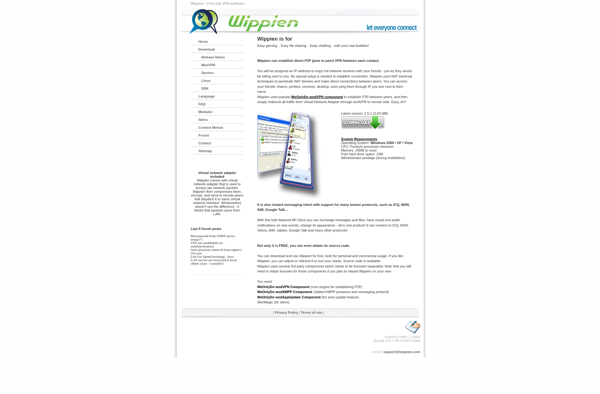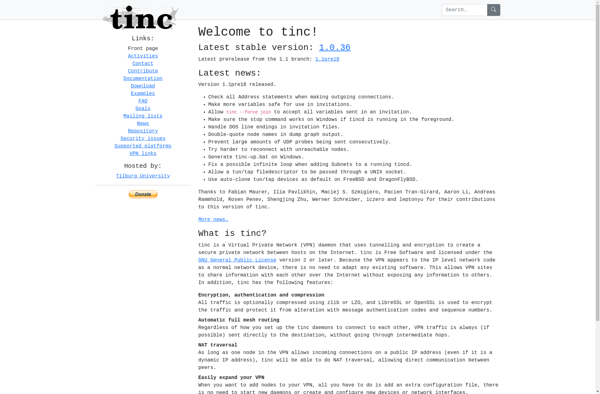P2PVPN

P2PVPN: Peer-to-Peer Virtual Private Network
P2PVPN is a peer-to-peer virtual private network that allows users to bypass geographical restrictions and censorship. It works by encrypting internet traffic and routing it through other P2PVPN users' devices to obscure a user's real location.
What is P2PVPN?
P2PVPN is a peer-to-peer virtual private network service that provides users with the ability to bypass geographical restrictions, censorship, and surveillance online by obscuring their real location. It works by encrypting a user's internet traffic and routing it through a decentralized network of devices running the P2PVPN software.
Unlike traditional VPN services that route traffic through centralized VPN servers, P2PVPN leverages a distributed network of peer devices to route encrypted traffic. This makes blocking and restricting P2PVPN very difficult compared to regular VPNs. When a user connects to the P2PVPN network, their traffic is encrypted and relayed through a chain of peer devices before reaching its destination. This prevents third-parties like ISPs and governments from monitoring and restricting access.
Some key benefits of P2PVPN include the ability to access region-locked content and evade censorship, increased privacy and anonymity online by hiding a user's real IP address and location, resistance to VPN blocking as there are no centralized servers to target, and community-building as users connect directly to help route each other's traffic. Overall, P2PVPN provides a decentralized and censorship-resistant networking solution for users facing surveillance or geolocation restrictions.
P2PVPN Features
Features
- Decentralized architecture
- End-to-end encryption
- Access geo-restricted content
- Bypass censorship
- Anonymous browsing
Pricing
- Free
- Open Source
Pros
Cons
Official Links
Reviews & Ratings
Login to ReviewThe Best P2PVPN Alternatives
Top Security & Privacy and Vpn and other similar apps like P2PVPN
Here are some alternatives to P2PVPN:
Suggest an alternative ❐LogMeIn Hamachi

OpenVPN

GameRanger

ZeroTier

Radmin VPN

WireGuard

SoftEther VPN

Wirelends

Bowstring

PaladinVPN

Haguichi

Gbridge

Wippien

Tunngle
OmniEdge
DynVPN

NetOverNet

Wippien NWRK

NeoRouter

IPOP (IP-over-P2P)

SocialVPN

Tinc VPN

VDE: Virtual Distributed Ethernet

DevP2P

Wi-5

Remobo

Comodo Unite
